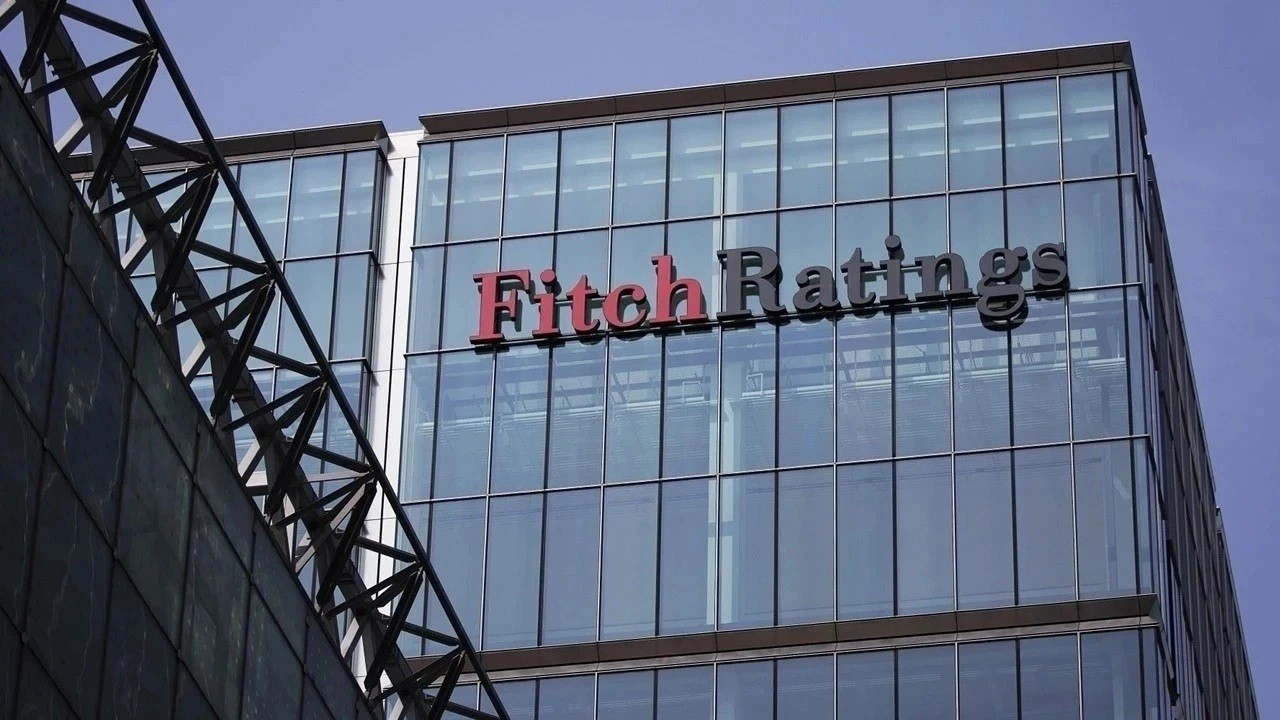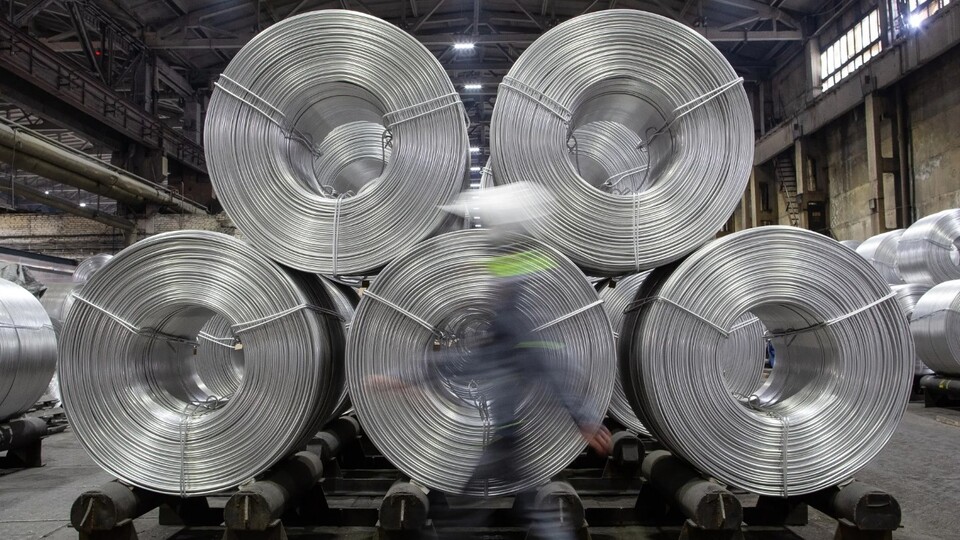
Fluctuations in Gold Prices Due to China's Tax Regulation


Gold Prices Started with a Decline, Then Rose Again
Recently, gold prices fell below $4,000 per ounce following China's decision to terminate the tax rebate system for some retailers. However, in the morning hours, it climbed back above this level.
Important Tax Change from Beijing
In addition to retailers, Chinese jewelry stocks also decreased by 1% during the session, but managed to largely recover their losses. Beijing announced on Saturday that value-added tax (VAT) deductions would not apply to gold sold through the Shanghai Gold Exchange and Shanghai Futures Exchange for certain retailers.
Retail Demand and Prices
In October, due to the increase in retail demand, gold prices reached record levels; however, there was a sharp decline in the last two weeks of the month. Nevertheless, prices have still shown an increase of over 50% since the beginning of 2023.
Expert Comments
BullionVault research director Adrian Ash commented, "Although China's gold demand has not played a significant role in this year's record bull market, the local tax changes could have a negative impact on global markets. This situation might present an opportunity for investors expecting a deeper correction after last month's sharp rise."
Analysts' Opinions
Citigroup analysts noted that this tax change could lead to "increased cost pressures across the sector, and consequently an increase in gold prices."
What Do the New Tax Regulations Include?
Many companies in China were able to reduce the VAT on inputs when selling to consumers. The new policy, which will be valid until the end of 2027, applies only to members of the Shanghai Gold Exchange and the Shanghai Futures Exchange; this condition is only applicable to those selling gold for investment purposes.
In contrast, whether companies are exchange members or not, when they intend to produce gold for non-investment purposes (for example, for jewelry or industrial use), they will only be able to deduct 6% of the VAT on inputs; this rate was previously 13%.
```.png)
Yakında Tüm Platformlarda
Sizlere kesintisiz haber ve analizi en hızlı şekilde ulaştırmak için. Yakında tüm platformlarda...








.png)